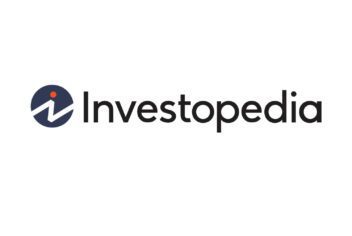From the Claims Files: Slip-and-Fall Incidents
What are you going to do when someone slips and falls at your nonprofit, then sues you?
Nonprofits May Begin Claiming Renewable Energy Tax Credits
Nonprofit organizations can now begin claiming renewable energy tax credits enacted as part of the Inflation Reduction Act.
Blue Avocado Recap: March 2024
How nonprofit leaders can avoid burnout. Preparing to move beyond the founder. Reviewing your grant prospects. Advancing racial justice.
Blue Avocado Recap: February 2024
Nonprofit board accountability. Small steps to make big changes. Seeking inspiration from the past. Advocacy in the courtroom.
How Nonprofit Managers Can Make Difficult Conversations More Effective
A few simple steps to help your nonprofit's managers navigate difficult conversations about employee performance, discipline, or termination.
Paucity of insurance for U.S. nonprofits concerning as regulatory, legal limitations persist
U.S. nonprofits are struggling to obtain affordable risk coverage due to limited options available in the market. Mainstream carriers aren't wanting to underwrite the risk, and legal limitations are hindering other nonprofit insurance groups from entering the market.
Blue Avocado Recap: January 2024
Nonprofits post-affirmative action. Governance nightmares. Discipline or terminate employees. Advisory committees. Grant application process.
How One Nonprofit Made Therapy a Day at the Beach
A Walk on Water provides kids with special needs transformative experiences in the ocean. Meet the 26,000th nonprofit to be insured by NIA.
2024 Nonprofit Accounting and Auditing Update: A Johnson Lambert Webinar
Experts from Johnson Lambert Audit & Advisory Services are offering a free webinar to provide an overview of all the changes to financial reporting coming in 2024.
Does Your Nonprofit Need a Human Resources Manager?
Resource-strapped nonprofits are often reluctant to add a position that does not generate revenue or interact with clients. But the right human resources manager can help your nonprofit reduce risk and increase productivity and satisfaction.
NIA Named Best Overall Insurance Provider for Nonprofits in 2024 by Investopedia
All insurers under the NIA group brand are rated A (Excellent) by AM Best.
A Mission of Mobility: How One NIA Member Got People Moving
Meet Don Schoendorfer of Free Wheelchair Mission, a biomedical engineer who's made it his mission to provide mobility for those who need it most.













